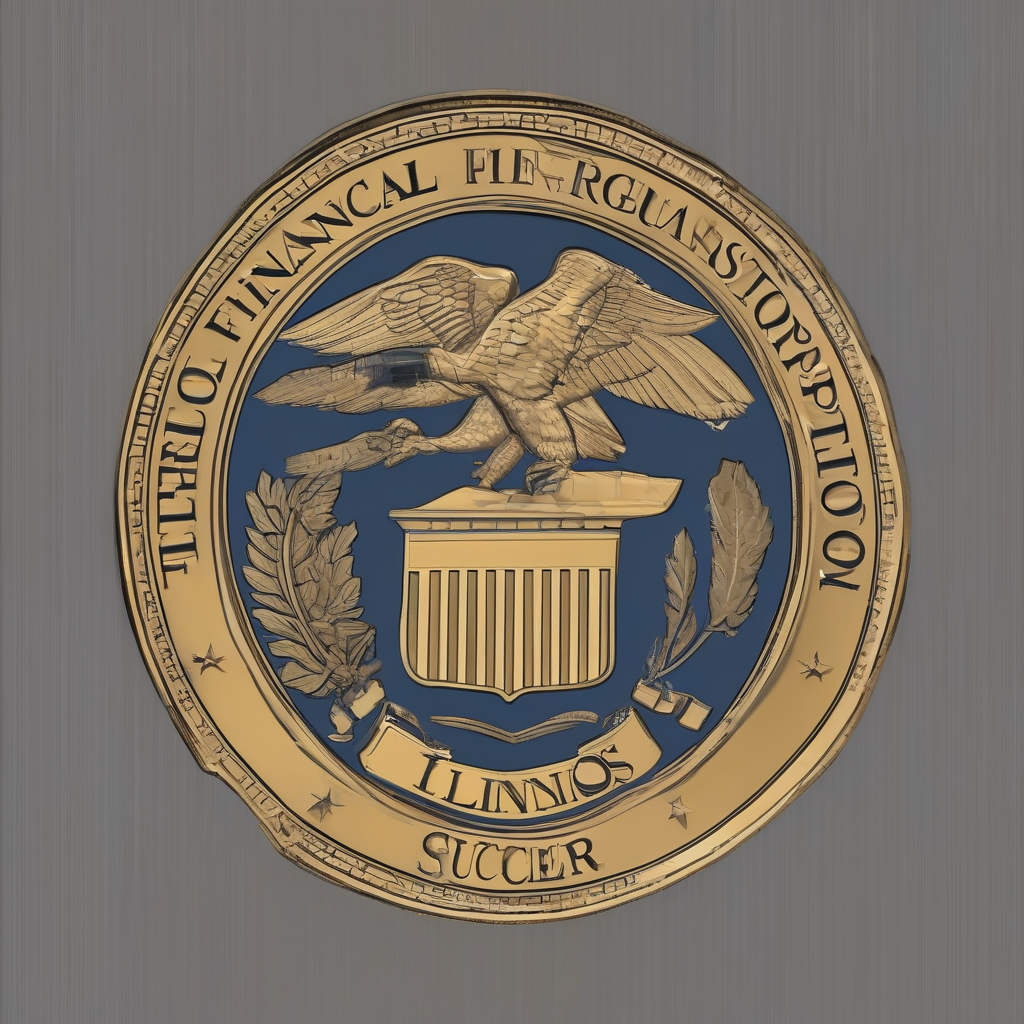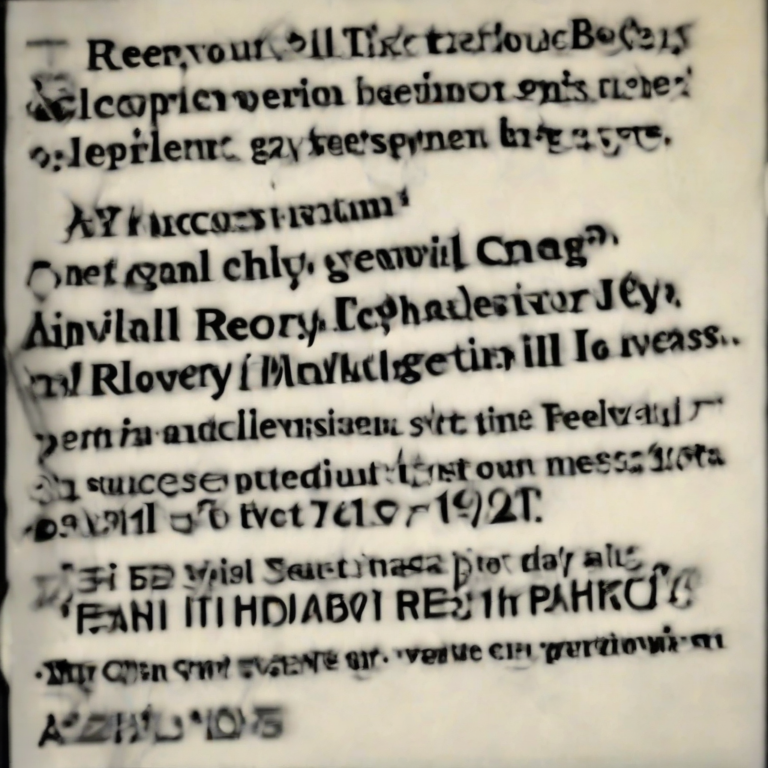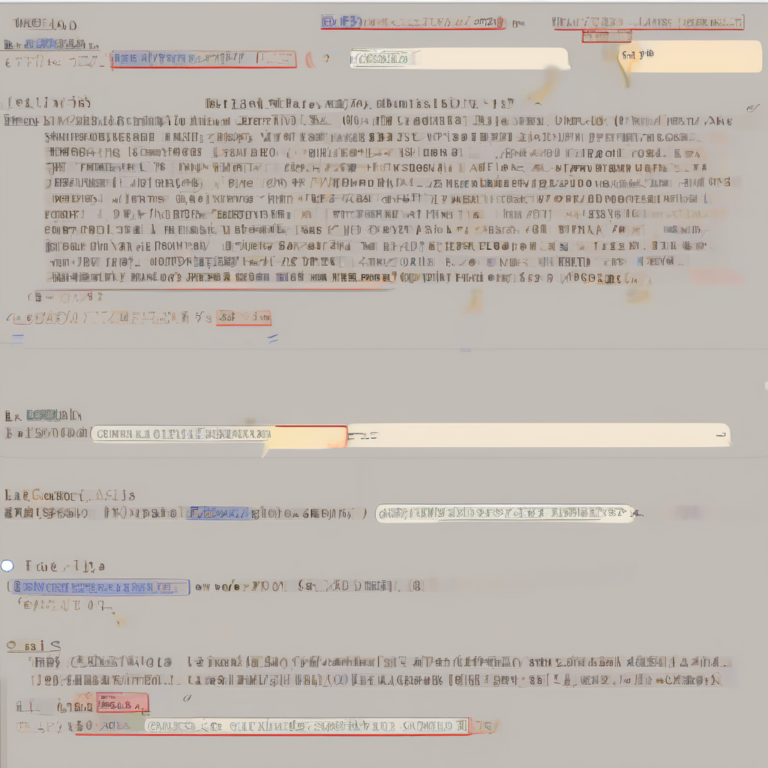
Illinois Financial Professional Regulation: A Comprehensive Guide
Illinois has a comprehensive regulatory framework for financial professionals, designed to protect consumers and ensure ethical practices within the industry. This guide will provide a detailed overview of the key aspects of Illinois financial professional regulation, including licensing requirements, ethical standards, and enforcement mechanisms.
Licensing Requirements
In Illinois, most financial professionals are required to obtain a license from the Illinois Department of Financial and Professional Regulation (IDFPR). The specific licensing requirements vary depending on the type of financial professional and the services they offer. Here are some of the key licenses relevant to financial professionals in Illinois:
- Securities License: Individuals who sell or trade securities, such as stocks, bonds, and mutual funds, must obtain a securities license from the IDFPR. This typically involves passing an exam and meeting specific educational and experience requirements.
- Insurance License: Insurance professionals, including agents, brokers, and adjusters, are required to obtain a license from the IDFPR. Licensing requirements for insurance professionals vary depending on the type of insurance they sell or handle.
- Real Estate License: Individuals who engage in real estate transactions, such as selling or leasing property, must obtain a real estate license from the IDFPR. This involves passing an exam and completing a pre-licensing education course.
- Mortgage Loan Originator License: Individuals who originate mortgage loans must obtain a mortgage loan originator license from the IDFPR. This license requires passing an exam, completing pre-licensing education, and meeting specific experience requirements.
Ethical Standards and Conduct
Illinois financial professionals are subject to strict ethical standards and codes of conduct, designed to protect consumers and ensure fair and transparent practices. Key ethical considerations include:
- Fiduciary Duty: Financial professionals are expected to act in the best interests of their clients, putting their clients’ needs above their own. This requires transparency, honesty, and full disclosure of conflicts of interest.
- Confidentiality: Financial professionals are required to keep client information confidential and not disclose it to unauthorized parties. This principle applies to personal and financial information.
- Professionalism: Financial professionals are expected to maintain a high level of professionalism in their interactions with clients and the public. This includes ethical behavior, respectful communication, and avoiding deceptive or misleading practices.
Enforcement Mechanisms
The IDFPR has several mechanisms to enforce financial professional regulation in Illinois. These include:
- Investigations: The IDFPR has the authority to investigate complaints against financial professionals and conduct audits of their operations. This ensures that licensed individuals are complying with regulations and ethical standards.
- Disciplinary Actions: The IDFPR can take disciplinary actions against financial professionals who violate regulations or ethical standards. These actions can range from fines and reprimands to license suspension or revocation.
- Consumer Protection: The IDFPR works to protect consumers from fraud and unfair practices by financial professionals. This includes providing resources and information to consumers and advocating for their rights.
Important Considerations for Financial Professionals
Financial professionals operating in Illinois should be aware of the following key considerations:
- Stay Informed: Financial regulations are constantly evolving. It is essential for financial professionals to stay informed of the latest regulations and updates by subscribing to industry publications, attending conferences, and seeking legal advice when needed.
- Comply with Regulations: Strict adherence to regulations is paramount for financial professionals. They must ensure that their practices and operations are in full compliance with all applicable laws and rules.
- Maintain Ethical Conduct: Ethical behavior is essential for building trust with clients and maintaining a professional reputation. Financial professionals should always act in the best interests of their clients and uphold the highest ethical standards.
- Seek Professional Guidance: When in doubt, financial professionals should seek professional guidance from legal counsel, compliance experts, or other industry professionals. This can help them navigate complex regulations and ensure their practices are compliant.
Resources for Consumers
Consumers in Illinois have access to several resources to help them understand their rights and protect themselves from fraudulent or unethical financial practices:
- Illinois Department of Financial and Professional Regulation (IDFPR): The IDFPR website provides information about financial professional regulation, licensing requirements, consumer protection, and how to file complaints.
- Illinois Attorney General: The Illinois Attorney General’s Office investigates consumer complaints and enforces consumer protection laws. Consumers can file complaints online or by phone.
- Federal Trade Commission (FTC): The FTC enforces consumer protection laws at the federal level and provides resources and information on financial fraud and scams.
Understanding the nuances of Illinois financial professional regulation is crucial for both professionals and consumers. This comprehensive guide has provided a detailed overview of key aspects, including licensing requirements, ethical standards, and enforcement mechanisms. By adhering to regulations, upholding ethical standards, and staying informed, financial professionals can contribute to a fair and ethical financial market in Illinois. Consumers, in turn, can leverage available resources to protect themselves from fraudulent practices and ensure they receive quality financial services.




